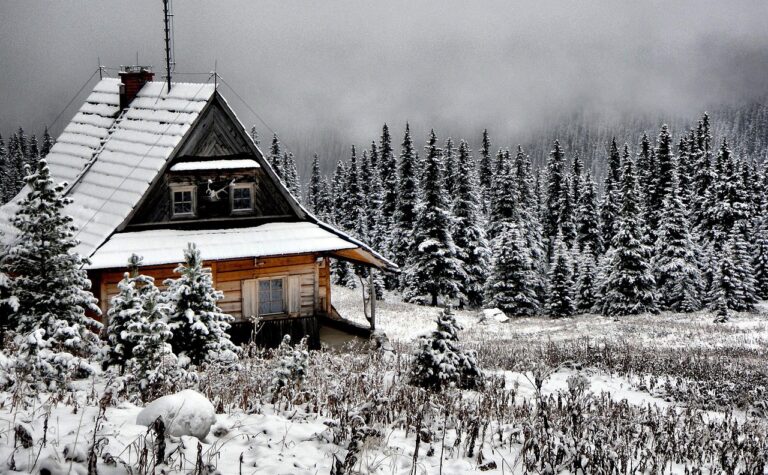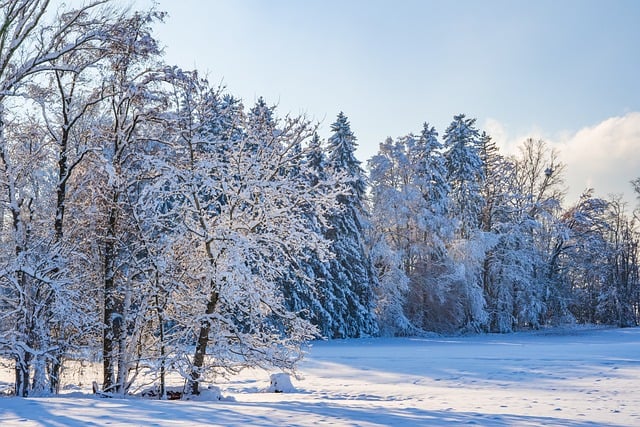An intense Arctic cold front is set to sweep across the United States, bringing record-low temperatures and widespread disruptions. Meteorologists warn that this severe weather event could strain energy resources and pose significant health risks.
Forecast Details
The National Weather Service predicts that the Arctic blast will plunge temperatures well below freezing across the Midwest and Northeast. Cities like Chicago and New York are expected to experience temperatures 20 to 30 degrees Fahrenheit below average. This deep freeze is anticipated to persist for several days, exacerbating the challenges faced by residents and local authorities.
Impact on Energy and Infrastructure
The impending cold surge is likely to increase energy consumption as heating demands rise sharply. Power grids may face significant stress, raising concerns about potential outages. Authorities are urging residents to conserve energy where possible and to prepare for emergency situations.
Health and Safety Concerns
Exposure to such extreme cold can lead to serious health issues, including frostbite and hypothermia. Officials advise limiting time outdoors, dressing in multiple layers, and ensuring that vulnerable populations, such as the elderly and homeless, have access to warm shelters.
Climate Change Considerations
While individual weather events cannot be directly attributed to climate change, the increasing frequency and intensity of such extreme conditions align with broader climate trends. Scientists continue to study the complex interactions between Arctic warming and mid-latitude weather patterns to better understand these phenomena.
Preparation and Resources
Residents in the affected areas are encouraged to stay informed through local news outlets and to follow guidance from public safety officials. Taking proactive measures, such as insulating homes and assembling emergency kits, can mitigate the impact of the severe cold.
For more detailed information and updates, visit the National Weather Service website.


